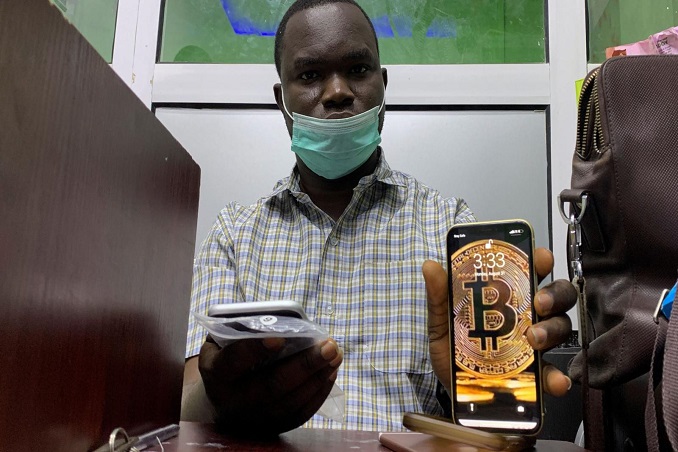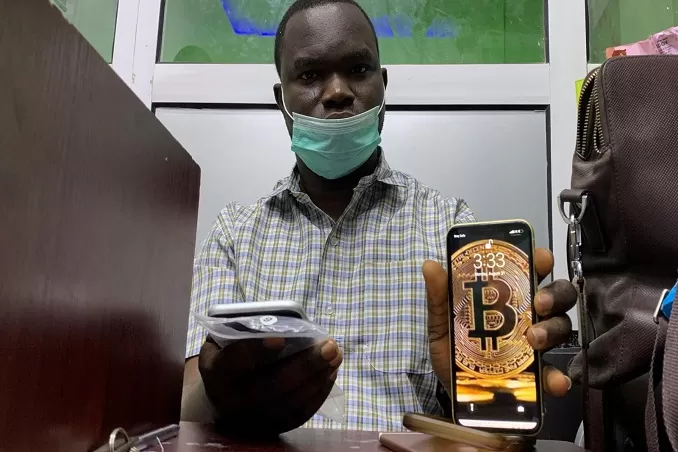

panic for crypto traders in south africa as government imposes stricter rules
Last updated on July 31st, 2022 at 07:33 am
![]()
![]()
South Africa’s anti-money laundering and counter-terrorist financing measures were recently assessed in a report by National Treasury. The report was compiled through collaboration between the Financial Action Task Force (FATF) and the Eastern and Southern Africa Anti-Money Laundering Group. The report revealed the gaping hole in South Africa’s regulations for crypto assets, especially crypto asset service providers (CASPs).
Stressing on the need of regulation for crypto assets, Thomas Lobban, legal manager of crypto-asset taxation at Tax Consulting SA said, “While anonymity and freedom still inform the appeal of cryptocurrencies, it has been proven that these volatile assets require regulation. This is not just for the overall good of the economy and the fiscus, but to protect people from the dangers associated with the crypto investment.”
Read More: 10 African currencies with the highest exchange rates
South Africa Reserve Bank (SARB) is said to be imposing stricter regulations by forcing banks to impose greater regulations for crypto assets. “This exercise comes after news that SARB has blocked debit and credit card purchases of crypto from offshore exchanges. At face value, it seems like a firm step, albeit uncertain whether in the right direction, towards crypto regulation from an exchange control perspective,” Lobban said.”
SARB has been contacted by Tax Consulting South Africa for an explanation as to why debit and credit cards would not be allowed to be used for offshore crypto purchases. “Their response was that South Africans would still be able to purchase from local CASPs with credit or debit cards, but not from offshore CASPs,” Lobban said.
B.16(A) from the Currency and Exchanges Manual for Authorised Dealers (CEMAD), states that transactions using credit and debit cards are allowed, subject to provisions mentioned in subsections (D) and (E). Section B.16 (D)(i) is only applicable to South Africans going on a “journey”. This means one can swipe online, but cannot buy a villa through a card transaction. There is no mention of crypto in these regulations.
Lobban points out, “It has not yet been clarified when exactly a crypto asset is in South Africa or in another jurisdiction. Therefore, it is impossible for crypto investors to adequately understand if they are in conformance with the law in many cases. SARB seems comfortable to leave investors in this uncertain mindset.”
“Until further clarity is provided by regulators, crypto investors should aim to keep abreast of changes in the regulatory landscape,” he added.
Kenyan sprint star Ferdinand Omanyala finished second at the opening race of the Diamond League in Xiamen, China, on Saturday.…
The incessant rains have caused flooding in Durban and its neighboring areas. It has disrupted several core areas, with a…
Cross-border activity suffered vast disruption when the new ban started at midnight Thursday with its direct impact on border checkpoints…
South African Bank fined R700,000 after determining the institution misrepresented a credit product as an investment opportunity. Following its December…
EA Sports shows that Toronto Maple Leafs will stop their 58-year title wait by beating the Colorado Avalanche in seven…
Pope Francis, the first Latin American pope of the Roman Catholic Church, passed away in the morning of his 88th…
This website uses cookies.